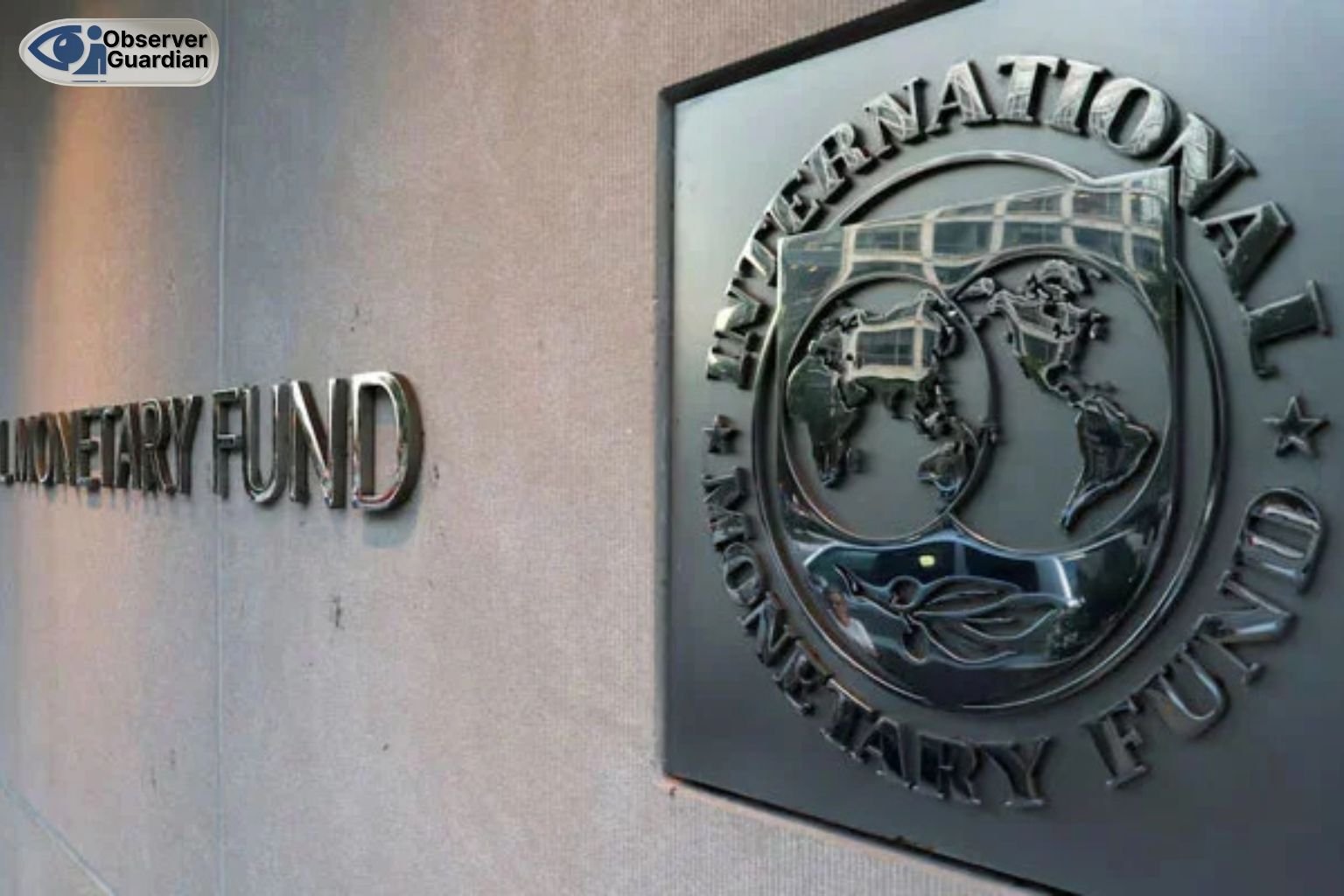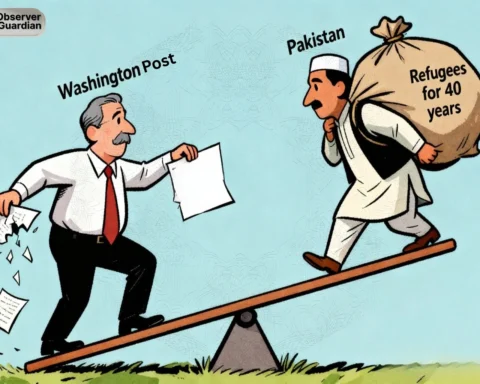The Federal Board of Revenue (FBR) faces a formidable challenge in the final stretch of Pakistan’s fiscal quarter. With only two weeks remaining in September 2025, the FBR must collect approximately Rs. 1.1 trillion to meet its quarterly target of Rs. 3.083 trillion. This ambitious goal comes under the scrutiny of the International Monetary Fund (IMF), which has emphasized the need for Pakistan to demonstrate fiscal discipline and revenue growth to secure the next tranche of its $7 billion Extended Fund Facility (EFF).
To achieve this target, the FBR requires a 21% year-on-year growth in tax collection. However, its performance in the first two months of the quarter shows only a 15% increase, indicating a significant shortfall. Compounding this issue, recent floods have disrupted economic activities in key regions, leading to an estimated Rs. 50 billion in tax losses, with over Rs. 25 billion directly attributed to flood damage in Punjab. Tax offices from Sialkot to Bahawalpur have reported collections at less than half of normal levels, further straining the FBR’s ability to meet its targets.
IMF’s Firm Stance on Revenue Targets
Despite Pakistan’s request to lower the FBR’s tax collection targets, the IMF has declined to adjust these goals. The Fund insists that the government must bridge the revenue gap through new tax measures or enhanced enforcement strategies. This firm stance underscores the IMF’s commitment to ensuring fiscal consolidation and debt sustainability in Pakistan. The upcoming review talks, scheduled for September 25, will be critical in determining the disbursement of the next loan tranche and assessing Pakistan’s progress on structural reforms.
Regional Disparities in Tax Collection
The impact of recent floods has been particularly severe in Punjab, where tax offices in cities like Lahore, Gujranwala, Multan, Sahiwal, and Sargodha have reported significant declines in revenue collection. These regions, which are vital to the national economy, have experienced disruptions in industrial activities and reduced consumer spending, leading to a substantial decrease in tax receipts. The FBR faces the dual challenge of recovering from these setbacks while striving to meet its ambitious revenue goals.
Cnergyico Pakistan to Boost Fuel Oil Exports Amid Low Local Sales
The Path Forward: Urgent Measures Required
To bridge the substantial revenue gap, the FBR may need to implement immediate enforcement measures and introduce new tax initiatives. These could include tightening compliance among existing taxpayers, expanding the tax base, and addressing sectors with high evasion rates. However, such measures must be carefully calibrated to avoid exacerbating public discontent, especially given the already high tax burden and economic challenges faced by businesses and consumers.
Implications for Pakistan’s Economic Stability
The outcome of the FBR’s efforts in the coming weeks will have significant implications for Pakistan’s economic stability. Success in meeting the revenue targets could bolster investor confidence and facilitate the release of the next IMF tranche, providing much-needed financial support. Conversely, failure to achieve these goals may lead to increased scrutiny from international lenders, potential downgrades by credit rating agencies, and heightened pressure on the government’s fiscal policies.







